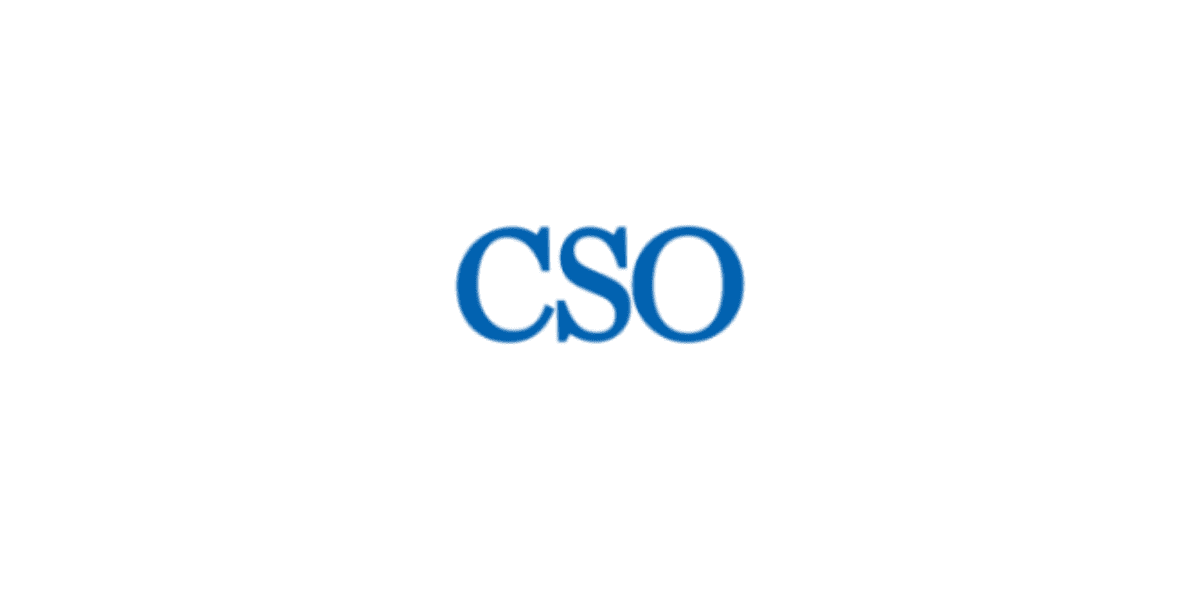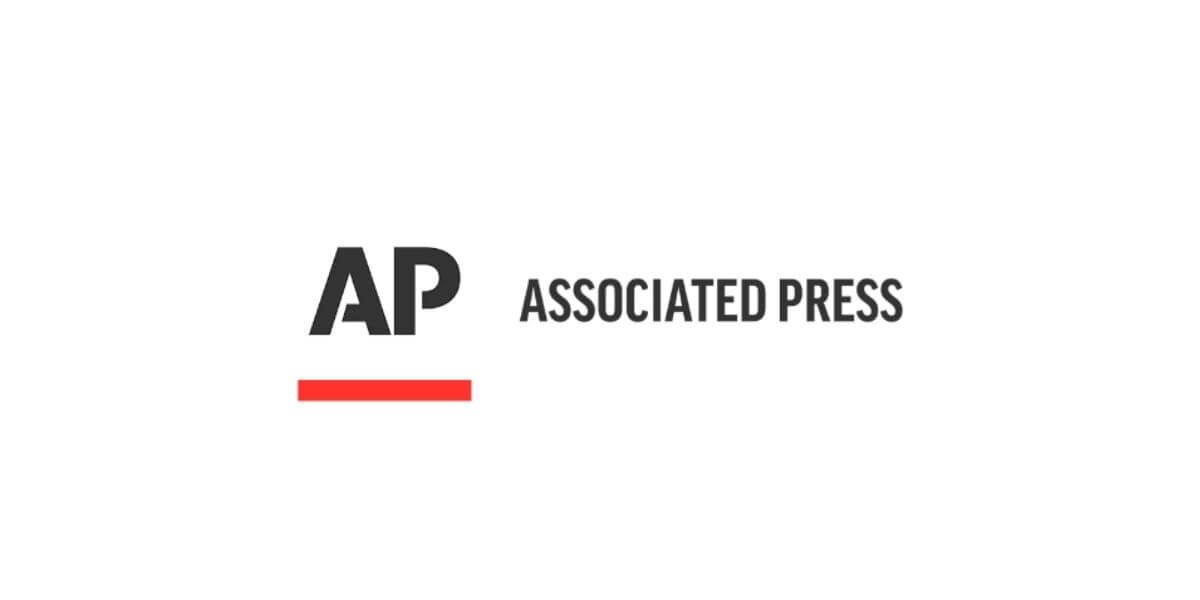On November 29th, the Biden administration announced that agencies should hold off on enforcing suspensions or removals until 2022 for federal employees that missed the previous November 22 deadline of the COVID-19 vaccine mandate.
According to White House data, 92% of employees have received at least one dose of the COVID-19 vaccine, and 96.5% have either received one dose of the vaccine or have a pending or approved exemption request.
The Office of Personnel Management (OPM) has also put out guidance that counseling efforts should continue as the first step of the enforcement process throughout the end of the year, and in certain limited instances where there are workplace safety issues, agencies may need to enforce suspensions sooner for those in violation of Executive Order (EO) 14043.
So how might these delays impact an employee in obtaining a medical or religious exemption on the vaccine mandate? If you are currently in the process of obtaining an exemption, do these delays change anything? Should unvaccinated employees worry anymore about being suspended or terminated if they remain noncompliant to EO 14043?
Let’s address these questions below.
Will the announcement to delay potential suspensions or removal decisions for non-vaccinated federal employees make it easier to obtain an approved medical or religious exemption?
This is one of the most common questions our firm has received since the announcement. While this announcement doesn’t change the approval process, we are seeing more opportunities being provided by agencies for employees to supplement their accommodation requests with further documentation.
We are seeing more denials than approvals for medical accommodations, and vice versa for sincere religious accommodations. It appears that agencies are latching onto the “CDC recommendations” during the review of medical accommodation requests. What this means is that unless a doctor clearly states what the condition is, and if it is not on the CDC recommendation list, why it is contraindicative of the vaccine, the employee is most likely going to be denied a medical accommodation.
Do federal employees need to worry about complying with EO 14043 due to the recent guidance of delayed disciplinary action?
Yes, employees should still comply with the Executive Order by receiving the vaccine or submitting a medical or religious accommodation request to their agencies.
We are seeing memorandums being issued for employees asking them to supplement their requests with documentation, warning that they have, on average, 15 days to respond with the requested documentation, otherwise, the employee is subject to a denial of their accommodation request. Employees should continue to focus on complying with these timelines, as it will not benefit them down the road if the employee looks to make a wrongful denial argument with the EEOC.
Looking Ahead
There have been some developments regarding lawsuits in the private sector challenging the vaccine mandate. We have been asked what this might mean for federal employees and if these court decisions will have any impact on them.
The question of whether one case will have an impact on the other is complicated and involves multiple facets of the law. In general, what impact a holding from a particular private or public sector case will have on other laws hinges on what issues were decided by the holding, i.e. Constitutional issues such as a State’s police powers.
The way the law is written, public and private workforces are separated as far as rules being applicable to each sector. A holding from one court for the private sector more than likely will not affect the public sector, and vice versa. Because the recent lawsuits are based on different bodies of law, i.e., OSHA and 5 CFR 3301 & 3302, the lawsuits would have an effect only on the law specified by the complaint.
If you are a federal employee that is seeking additional guidance on the vaccine mandate or looking for assistance in requesting a medical or religious accommodation, our team of attorneys are available to assist.





